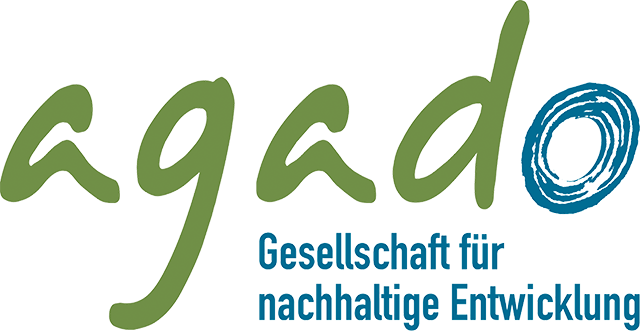New EU project launched:
proCURE - Joining forces for a sustainable procurement in small municipalities
proCURE aims to empower political decision-makers and municipal employees to initiate and implement sustainable procurement practices and create joint procurement structures.
Despite the great potential for sustainable development and the favourable legal and political framework conditions in Europe, sustainable procurement is not yet being implemented on a broad scale by local authorities and administrations. Many administrative staff find the topic of sustainable procurement complicated and fraught with uncertainty.
Small municipalities in particular find it difficult to put sustainable procurement or the consideration of sustainability aspects in direct purchasing into practice. A lack of awareness and conviction among decision-makers and administrative staff, uncertainties about legal options, a lack of knowledge about the application of sustainability criteria and a lack of resources are the main challenges.
This is where proCURE wants to come in and support small municipalities in particular with sustainable procurement. The project pursues the following goals:
- Develop training material and practical guidance for the introduction and implementation of sustainable procurement practices in municipalities;
- Develop a curriculum and teaching material for administrative schools to prepare future procurers for the challenges they will face;
- Develop a train-the-trainer course for multipliers and experts for vocational training in the non-formal education sector;
- Creation of procedures that enable groups of small municipalities to join forces and create joint procurement structures;
- Building a network of sustainable procurement experts.
The project runs from November 2023 to October 2025 and includes organisations from Germany (Allianz in den Alpen and agado), Italy (ecosistemi), Austria (IFZ Graz) and Slovenia (UIRS).
Local authorities, public administration schools and sustainable procurement experts interested in participating are invited to get in touch with the coordinating organisation or the local project partner.
Coordinator: Alliance in the Alps, Katharina Gasteiger: info@alpenallianz.org
German project partner: agado - Society for Sustainable Development, Vivien Führ: vivien.fuehr@agado.org
Photo: © Alliance in the Alps
Funded by the European Union. Views and opinions expressed are however those of the author(s) only and do not necessarily reflect those of the European Union or the European Education and Culture Executive Agency (EACEA). Neither the European Union nor EACEA can be held responsible for them.




